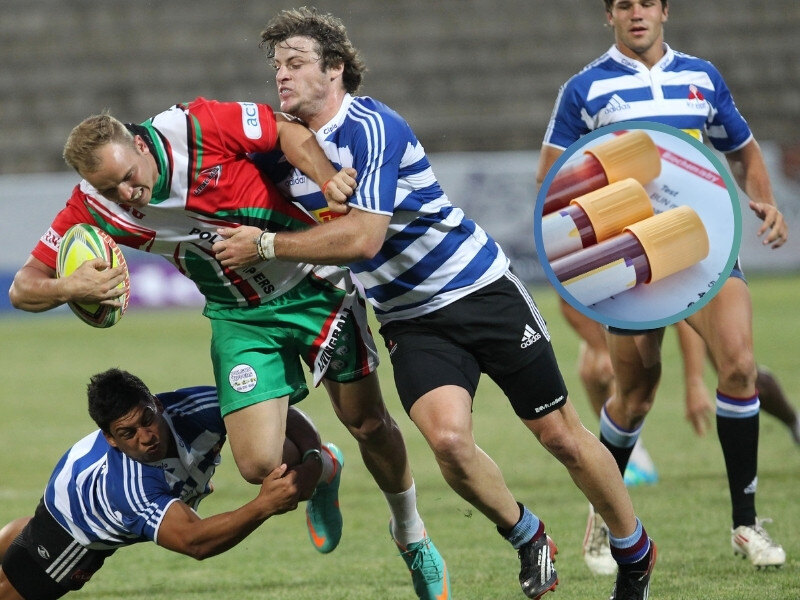Blood Biomarkers Signal Increased Risk of Alzheimer's & MND After Multiple Rugby Concussions

Scientists at the University of Durham have discovered a link between multiple concussions and abnormal amounts of marker proteins found in the blood. These blood biomarkers could serve as an early diagnostic tool for the development of neurological disorders.
In a paper published in the International Journal of Molecular Sciences, the researchers followed 30 retired male rugby players that had sustained more than five concussions over the course of their career.
Blood samples from this group were compared to another cohort of 26 healthy athletes who had retired from a non-contact sport. They found irregular levels of certain proteins in the rugby group which are connected to the development of neurological disorders like Alzheimer's disease and motor neurone disease (MND).
The researchers note that they used ELISA assays to test for the following blood biomarkers: "Serum biomarkers (t-tau, RBP-4, SAA, Nf-L, and retinol), plasma cytokines, and biomarkers associated with serum derived exosomes (Aβ42, p-tau181, p-tau217, and p-tau231)."
They reported significantly elevated levels of t-tau and p-tau181, and significantly reduced levels of RBP-4 in the group with a history of concussions. Furthermore, they found that group also exhibited much larger exosome size than the non-contact sport group.
The paper says, "These biomarkers should be explored further for the prediction of future neurodegenerative outcomes, including ALS [also called MND], in those with a history of concussion."
The research was conducted as part of the University's UK Rugby Health project at The Wolfson Research Institute for Health and Wellbeing.
Contact rugby has a high risk of injury, including head injury and concussions. In 2022, the British Medical Journal reported that rugby players may be 15 times as likely to develop MND. As a result, there is a need for tools to track the cognitive and neurological health of retired rugby players, and other contact sport professionals.
It is hoped that these findings will contribute to a 'biomarker toolbox' that can catch the early signs of declining brain health. Many projects are currently investigating non-invasive blood biomarkers for the diagnosis and prognosis of neurodegenerative diseases.
You might like:
- Blood Test for Alzheimer's Granted Breakthrough Device Status by FDA
- New MND Early Diagnostic Test: a 'Game-Changer' for Research on the Disease
Due to the associated risks of neurodegenerative diseases like Alzheimer's and MND, the Durham research team advises monitoring athletes that have sustained multiple concussions after they retire.






.jpg)
